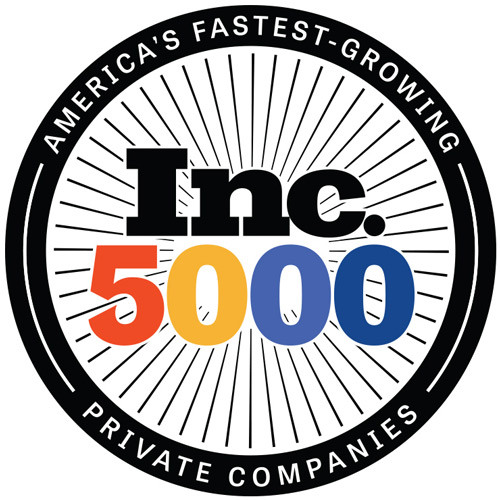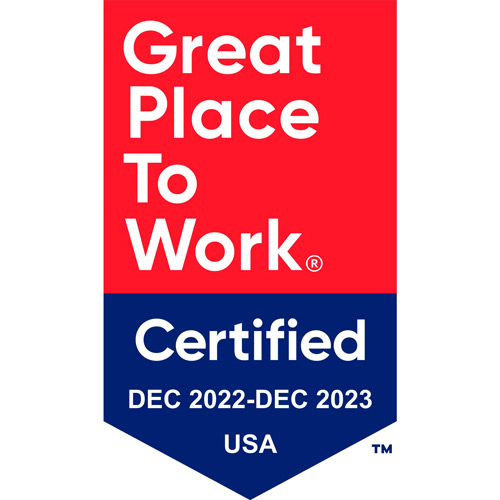Excelling in Regulatory Compliance: Key Principles and Strategies
- Jessica R.
- August 30, 2023
- Edited August 30, 2023
Table of Contents
Regulatory compliance, much like a hidden treasure map, lays out the rules, regulations, and standards that organizations must follow to operate within legal and ethical boundaries. Think of a regulatory compliance consultant as your trusted guide, equipped with a wealth of knowledge and expertise to steer you clear of treacherous reefs and unforeseen obstacles along the way.
In this exploration, we’ll unravel the secrets of regulatory compliance, uncovering the principles that underpin its intricate web. From building a culture of compliance to navigating industry-specific regulations, assessing and mitigating risks to harnessing technology for compliance excellence, we’ll explore each facet of this exciting realm. Let’s begin, shall we?
Understanding the Essentials of Regulatory Compliance
Regulatory compliance encompasses a wide range of rules, regulations, and standards that organizations must adhere to. It involves staying well-informed about laws, policies, and industry guidelines that are relevant to your business operations. Just like the support of a regulatory compliance consultant, maintaining compliance is an ongoing process that demands dedication and attention to detail.
A regulatory compliance consultant will work closely with you to assess your organization’s current compliance status, identify gaps or areas of improvement, and develop tailored strategies to ensure full adherence to applicable regulations. Their expertise can prove invaluable in simplifying complex compliance requirements, translating them into actionable steps, and establishing effective compliance frameworks within your organization.
Fostering a Culture of Compliance
In the realm of regulatory compliance, building a culture that embraces adherence and ethical behavior is paramount. Picture a harmonious team working together toward a shared objective. A regulatory compliance consultant can assist you in establishing policies, procedures, and training programs that promote a culture of compliance throughout your organization.
Open communication, transparency, and a commitment to ethical behavior are key elements of a compliant culture. By encouraging employees to report potential compliance concerns and providing them with the necessary tools and resources, you create an environment where everyone feels empowered to contribute to the organization’s compliance efforts.
Furthermore, a culture of compliance goes beyond mere regulatory adherence. It encompasses the adoption of ethical practices and values that extend to all aspects of your business operations. By nurturing a compliance-focused culture, you not only mitigate the risks of non-compliance but also enhance your reputation, gain stakeholders’ trust, and create a positive working environment for your team.
Navigating Industry-Specific Regulations
Every industry has its own set of regulations that must be navigated to ensure compliance. From healthcare to finance, manufacturing to technology, each sector presents unique compliance challenges.
A regulatory compliance consultant possesses specialized knowledge of industry-specific regulations and can provide invaluable guidance to help you navigate these intricate waters. They keep a vigilant eye on industry trends, updates, and changes in regulations, ensuring that you stay ahead of the curve and maintain compliance amidst the ever-evolving landscape.
Also, partnering with a regulatory compliance consultant who understands the nuances of your industry allows you to benefit from their expertise in interpreting and implementing complex regulations. They can help you identify the specific compliance requirements that apply to your organization, develop tailored compliance programs, and establish robust monitoring mechanisms to ensure ongoing adherence.
Furthermore, a regulatory compliance consultant can assist you in navigating the maze of industry-specific certifications, licenses, and permits that may be required for your business. They understand the intricacies of these requirements, helping you streamline the application process and ensuring that you operate within the legal and regulatory boundaries of your industry.
Assessing and Managing Compliance Risks
Just as explorers assess potential risks before embarking on a new adventure, organizations must conduct thorough risk assessments to identify compliance vulnerabilities. A regulatory compliance consultant will assist you in evaluating risks, analyzing weaknesses, and developing strategies to mitigate them effectively.
By proactively identifying and addressing compliance risks, you can sail through potential storms and maintain a smooth course. Regular risk assessments, coupled with robust internal controls, fortify your compliance framework, safeguarding you against penalties, reputational harm, and legal complexities.
A regulatory compliance consultant can guide you in conducting comprehensive risk assessments, taking into account both internal and external factors that may impact compliance. They help identify potential compliance gaps, implement risk mitigation measures, and establish monitoring protocols to ensure ongoing compliance.
Additionally, they can provide valuable insights into emerging risks and regulatory changes that may affect your organization. With their expertise, you can adapt your compliance strategies and stay ahead of the curve, minimizing the impact of potential risks and ensuring a secure voyage toward regulatory compliance.
Harnessing Technology for Compliance Excellence
In the digital age, technology plays a crucial role in achieving and sustaining regulatory compliance. Regulatory compliance consultants are well-versed in the latest compliance technologies and can help you leverage these tools to streamline your compliance efforts.
From automated compliance monitoring systems to data encryption and secure cloud storage, technology offers a wide array of solutions to enhance your compliance capabilities. Embracing these digital tools not only improves efficiency but also provides real-time insights, enabling you to address compliance gaps promptly.
A regulatory compliance consultant can guide you in selecting and implementing the most suitable technology solutions for your organization’s unique compliance needs. They can help you streamline compliance processes, automate routine tasks, and centralize compliance-related data, resulting in increased efficiency and accuracy.
Furthermore, compliance technologies provide robust reporting capabilities, enabling you to generate comprehensive compliance reports, track key performance indicators, and demonstrate adherence to regulatory requirements. By harnessing technology for compliance excellence, you can navigate the ever-changing regulatory landscape with ease and confidence.
Staying Informed about Regulatory Changes
Staying up to date with regulatory changes is vital for organizations to maintain compliance. Just as informed explorers rely on updated maps and relevant information, you need to stay aware of any new or revised regulations that may impact your business operations. A regulatory compliance consultant serves as a trusted advisor, diligently monitoring the horizon for any regulatory developments.
By partnering with a regulatory compliance consultant, you gain access to their expertise in interpreting and implementing complex regulations. They will keep you informed about regulatory changes that are relevant to your industry, help you understand the implications of these changes, and guide you in adapting your compliance practices accordingly.
Regulatory compliance consultants possess the knowledge and resources to stay abreast of evolving regulations, ensuring that your compliance efforts remain up to date. They can help you assess the impact of regulatory changes on your organization, revise compliance policies and procedures, and implement necessary adjustments to maintain ongoing compliance.
Additionally, a regulatory compliance consultant can assist you in establishing a framework for continuous monitoring and regulatory intelligence. They can provide regular updates, conduct training sessions to educate your team about regulatory changes and support you in developing a proactive approach to compliance management.
Conclusion
By embracing the principles of regulatory compliance that we’ve explored in this post, you’re well-prepared to sail confidently through the challenging seas of regulatory compliance. Just remember: a regulatory compliance consultant is your trusted ally on this voyage, offering valuable guidance, expertise, and support whenever needed at GMP Pros.
Also, keep in mind that compliance is not merely a box to be checked but an ongoing commitment to ethical and responsible business practices. By embracing compliance, you protect your organization, build trust with stakeholders, and create a culture of integrity. So, set your sights on continued excellence in regulatory compliance.

Jessica R.
Jessica is a seasoned GMP compliance consultant and technical writer specializing in pharmaceutical manufacturing, data integrity, and quality assurance. With over 12 years of experience working with global pharmaceutical firms, Jessica brings deep industry insights into FDA, EMA, and MHRA regulations.


